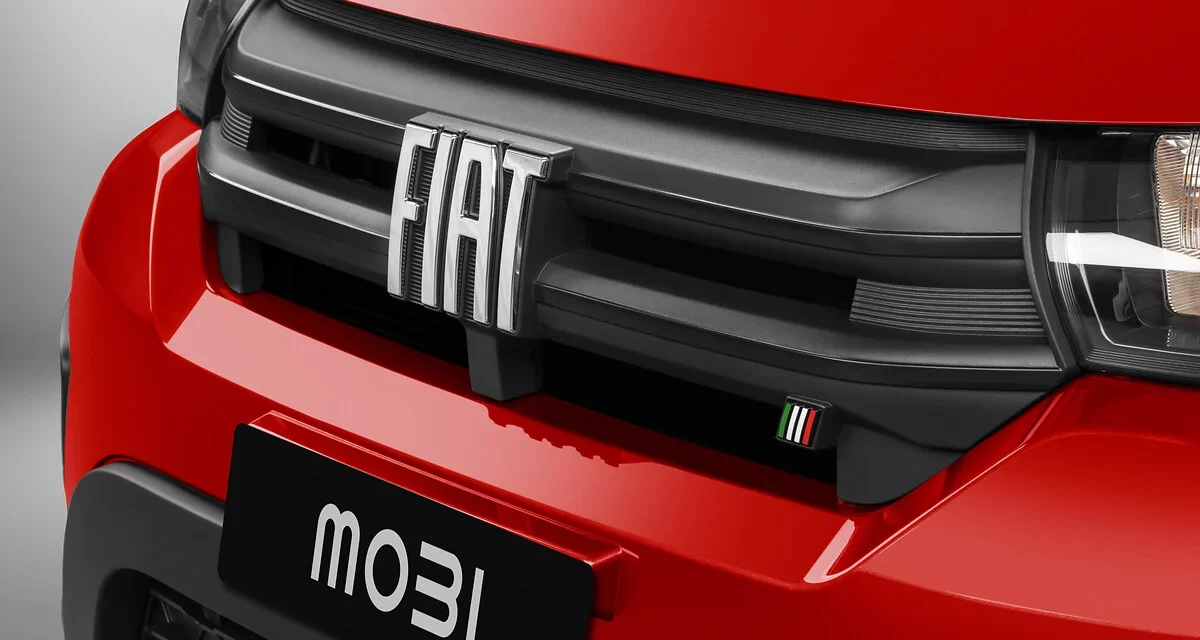By Alzira Rodrigues | Translated by Jorge Meditsch
After the release of the incentive measure for the automotive sector, the manufacturers keep announcing price reductions, especially for each brand’s most affordable models. The Fiat Mobi and Renault Kwid are the country’s cheaper cars. Both have prices starting from R$ 58.990, which represents a R$ 10 thousand discount – R$ 8 thousand from the government measure and R$ 2 thousand from the factory.
The Citroën C3 and Peugeot 208 are close, with prices beginning at R$ 62,990. Volkswagen’s cheaper model, the Polo Track 1.0 MPI, had the suggested price reduced from R$ 82,290 to R$ 74,990. The brand also offers the Polo TSI for R$ 89,990 and the Virtus TSI MT, previously sold for R$ 104,390, for R$ 98,890.
Citroën informed that the price reduction involved changes to its vehicles’ equipment packages. The C3 can now be purchased through a wide offer of financing packages with options such as zero interest with a 60% downpayment and 24 installments for some versions.
Another Stellantis Group brand, Peugeot, offers zero-interest financing for any 208 or 2008 version with a 60% downpayment and 24 installments. There is also an option with a 30% downpayment and 72 installments.
Such as the Mobi, the Argo price also was discounted by 10% and costs now R$ 69,990, as the Pulse SUV went from R$ 109,990 to R$ 89.990. According to the brand, six models, with 21 versions in total, receive discounts due to the government measure.
“There is no brand standing out such as Fiat with this vehicle variety under R$ 120 thousand,” said Herlander Zola, Fiat and Abarth senior vice president for South America. “We aim to meet the market demands and provide the consumers an excellent cost-benefit ratio”.
Prices of the Strada pickup, the country’s bestselling light vehicle, now start from R$ 95.990 for the Endurance Cabine Plus version.
Photo: Fiat
- Moura lança baterias de lítio de 12V e 48V na Automec - 25 de abril de 2025
- BorgWarner prepara produção de nova linha de baterias - 25 de abril de 2025
- Brasil terá mais 25 híbridos-flex até 2027, revela a Bosch - 24 de abril de 2025










